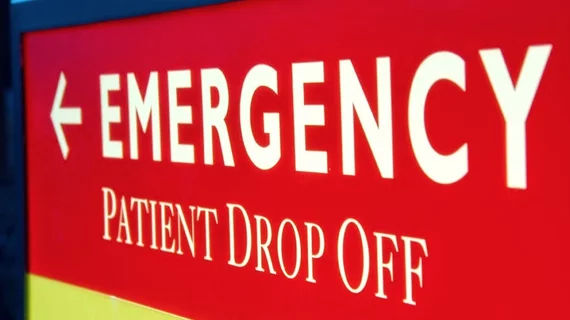Company that provides care options to emergency patients earns $14M in funding
Emergency medical services (EMS) support company MD Ally announced it has secured an additional $14 million in Series A funding, bringing its total to $25M.
MD Ally provides emergency telehealth services, diverting patients from emergency rooms to other care centers and community services in real-time, based on their needs. The company works with public emergency services, such as 911 dispatch, to coordinate with emergency responders to ideally improve the management of resources.
The company’s stated goal is to reduce strain on EMS and emergency rooms, ultimately saving the health system and patients money. It utilizes a virtual 911 platform to communicate with patients directly, bridging the gap between them and available options for care in an emergency situation.
The company claimed its services save providers and patients an estimated $2,280 in healthcare costs on average.
"Our goal is to implement revolutionary, non-emergency 911 care pathways, ensuring that patients receive the right level of care quickly and efficiently,” Shanel Fields, founder and CEO of MD Ally, said in a statement. “We're ‘officiating’ historic partnerships between public safety systems and payors that have already significantly improved patient outcomes."
In 2021, MD Ally earned its first round of seed funding, totalling $3.1 million. This latest round was led by Frist Cressey Ventures, founded by Senator Bill Frist and Bryan Cressey, and anchored by General Catalyst, with participation from Techstars, Seae Ventures, Red & Blue Ventures, and Alumni Ventures.
To date, MD Ally has earned contracts in Florida, Arizona, and California, with potential to serve over 5 million patients.

